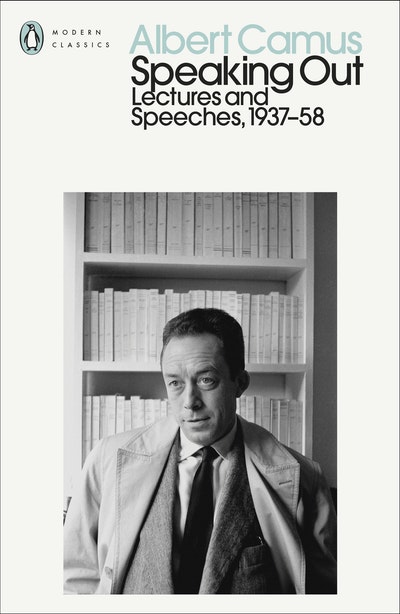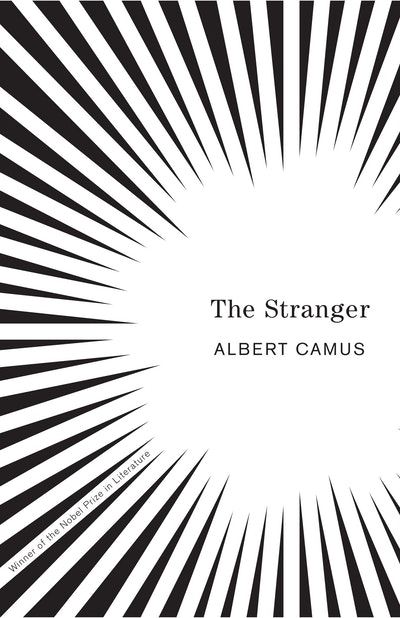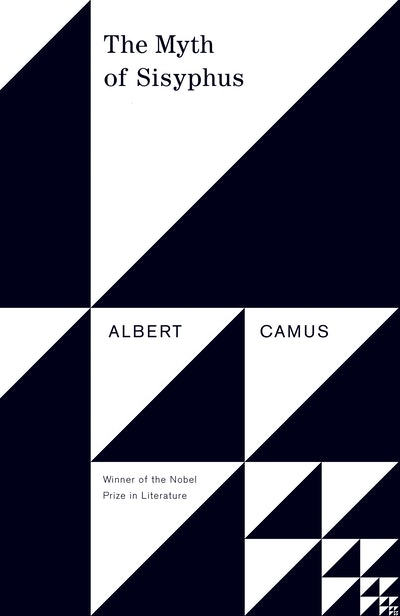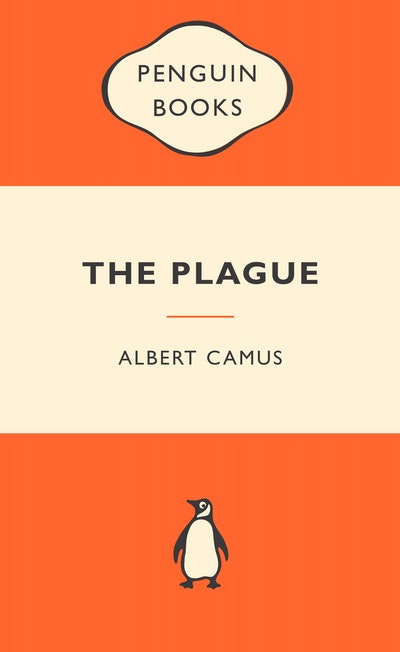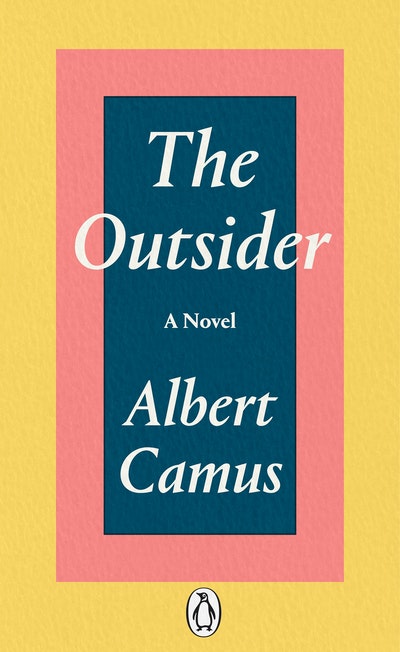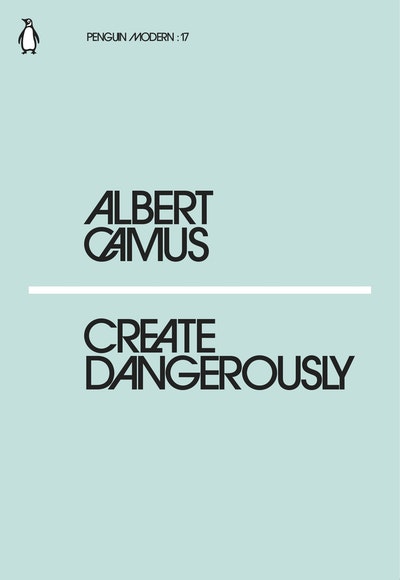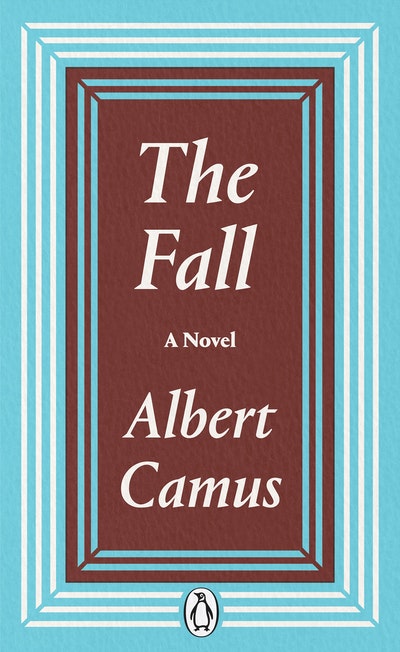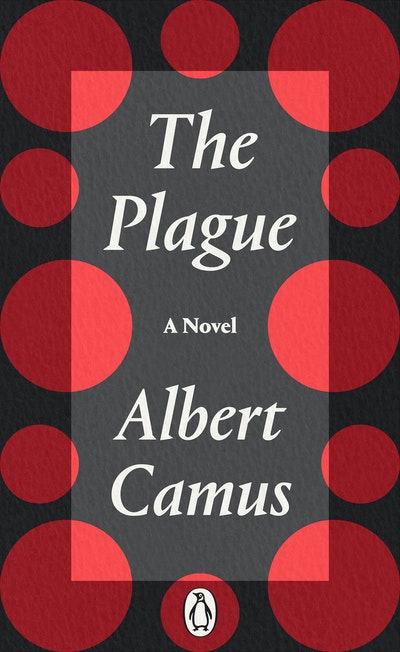A new collection of Albert Camus' most brilliant speeches and lectures
'Truth is mysterious, fleeting, always to be won. Freedom is dangerous, as hard to live as it is exalting'
This definitive new collection of Albert Camus' public speeches and lectures gives an unparalleled insight into the thought of one of the twentieth century's most enduring writers. From his pre-war speech on the politics and culture of the Mediterranean - delivered when he was just twenty-two - to his impassioned Nobel Prize acceptance speeches, Speaking Out makes manifest Camus' 'stubborn humanism', his longing for freedom and justice. In a Europe scarred by the horrors of the early twentieth century, these speeches mark a singular artist's commitment to a kinder, truer world.
